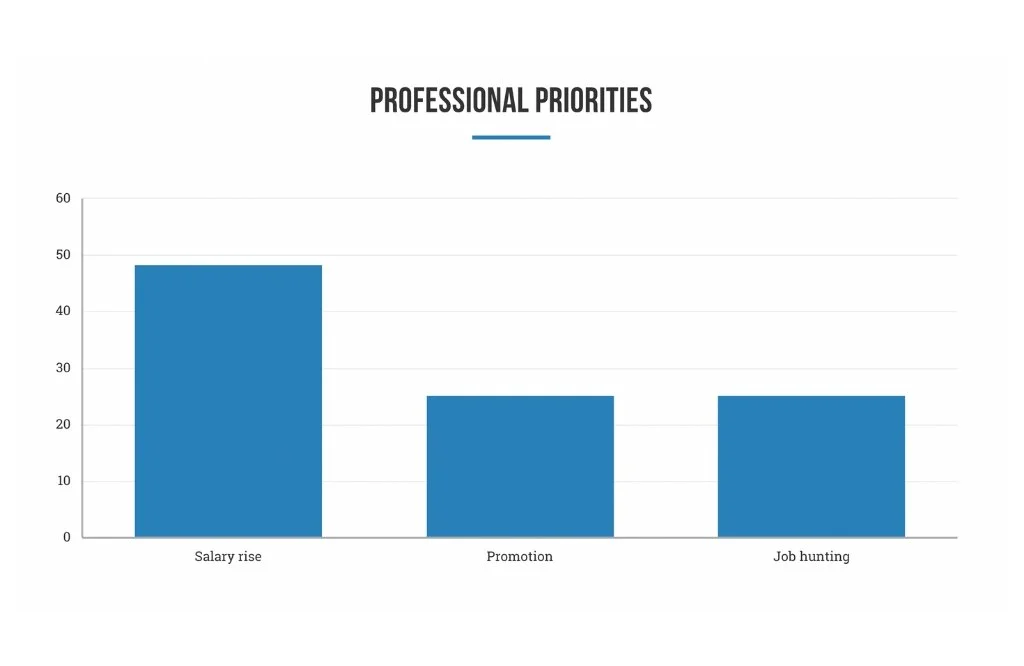New jobs and second jobs response to cost-of-living crisis in public relations
Public relations practitioners are seeking salary rises (48.3%), promotions (25.2%), and job hunting (25.2%) to increase their income in response to the cost-of-living crisis. Education and training is also a priority for three-in-ten practitioners.
1 in 50 (2.1%) public relations practitioners are using foodbanks. Practitioners also report seeking second and third jobs to supplement their income, indicating that in-work poverty is impacting the public relations profession.
Socially Mobile surveyed practitioners in the UK public relations industry to understand the impact of the cost-of-living crisis.
Budgeting (84.6%), saving (52.4%) and debt (21.0%) are the three top priorities for practitioners trying to tackle the cost-of-living crisis. Modifying childcare arrangements to save costs was cited by 16.8% practitioners.
Almost 70% of employers (69.2%) have not offered any financial support to employees to help mitigate the cost-of-living crisis. 23.8% employers have increased salaries by 0-5%; 4.9% of employers have increased salaries by 5-10%; and 2.8% have increased salaries by more than 10%.
The lack of salary increases corresponds to a disproportionate shift of practitioners into senior roles. Wadds Inc. reports that an additional 5,500 practitioners have become managers, and 2,000 practitioners have become directors in the 12 months to October 2022.
The lack of financial support offered by employers to employees is matched by a lack of practical support.
Progressive employers are benchmarking salaries and providing one off payments for junior employees or maintenance contributions. A minority of employers are promoting working from home as a cost saving benefit.
Employers in the public relations sector talk up employee brand and employee retention and yet the majority are not taking any action either financially or practically to support employees with the cost-of-living crisis. Instead, rapid promotion is deemed to be the solution. It is a very short-term perspective.
Stephen Waddington, co-founder, Socially Mobile.
Practitioners should take practical steps to manage their personal finances and invest in their own personal development. Employers must take a long-term view to investing in their staff that includes financial and practical support.
Sarah Waddington CBE, co-founder, Socially Mobile.
This research should come as a wake-up call to any employer thinking that PR practitioners are somehow shielded from the cost of living crisis. Economic turbulence, eye-watering energy bills, and soaring rental and mortgage costs will impact wallets and mental health. If agencies want to bury their heads in the sand, they'll face churn, burnout and a decline in employer branding. Those that tackle the issue head-on and provide emotional and financial support will be rewarded with more stable, healthy teams.
John Brown, Founder and CEO, Don’t Cry Wolf
At a time when we need to close the socio-economic gap and improve diversity in PR, these findings show that the opposite could be the reality. We already know that the cost of living crisis is hitting those with the least the hardest. That this is screamingly evident in the PR industry, a sector that relies on the talent and health of its often young workforce, should be a red flag worry.
You reap what you sow. We are people businesses. Fail them now and prepare to be left behind.
Childcare is noted as a barrier with one in six altering their arrangements to save cash. Women still do the majority of caring in UK households and the PR industry remains female dominated until we get to the senior levels. The danger is clear, more women could be pushed out the sector or at the least, out of the Boardroom. The stakes are too high to wait this out.
Amanda Lowe, Founder and MD, Story Comms
This research is a stark reminder that for all the success the public relations industry has experienced in recent years, there are a significant number of our peers and colleagues with, or facing, real financial hardship. The fact that many are looking for second jobs when other research tells us significant numbers of practitioners are experiencing high levels of stress, poor mental health, and long working hours should be a warning to all business leaders.
Those who are able to must now reinvest in their workforce through training, development, and direct support if possible and where needed. We would also urge businesses to engage with the CIPR as we can share concerns and challenges you are facing and ensure your voices are heard in discussions we regularly have through our networks with business groups, other trade associations, and the government."
Alastair McCapra, CEO, CIPR
It’s impossible to ignore the fact that cost of living is going up across the board – and it’s impacting practitioners on the lower end of the salary bracket the most. We’ve also seen research from not-for-profit People Like Us show that professionals from Black, Asian, Mixed Race and minority ethnic backgrounds are especially feeling the impact of surging costs. The time is now for organisations to back their people – through action, not just words. This means shielding colleagues from burnout, ensuring mental health policies are fine-tuned, offering flexible work hours, and encouraging training to power both professional and personal growth.
Renna Markson, Deputy Director General, PRCA
Socially Mobile, the not-for-profit public relations school, surveyed practitioners about their response to the cost-of-living crisis in September and October 2022. 143 practitioners responded to an online survey.


